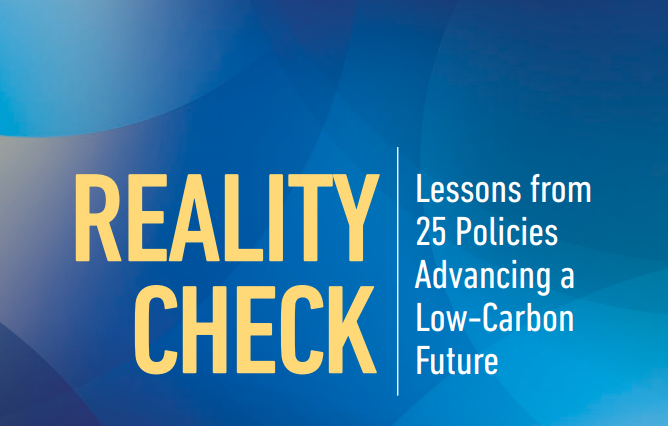
Reality Check: Lessons from 25 Policies Advancing a Low-Carbon Future
Despite increased international attention to carbon neutrality, many countries still face a number of barriers to sustainable development.
Among others, there is a lack of investment, a low level of institutional potential, and external economic constraint factors.
A new report of the World Bank provides an overview of the 25 most effective national practices for decarbonizing the economy. The authors' special focus is on developing a long-term low-carbon development strategy, adapting fiscal policy, attracting investment in green projects, and supporting the most vulnerable segments of the population.
As the authors note, reducing the carbon footprint requires a combination of general economic instruments (ending fossil fuel subsidies and establishing a “carbon tax”) and sectoral measures (reform of the energy sector and agriculture), as well as close interaction between government agencies. institutions and civil society.



